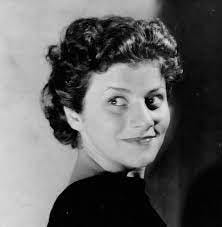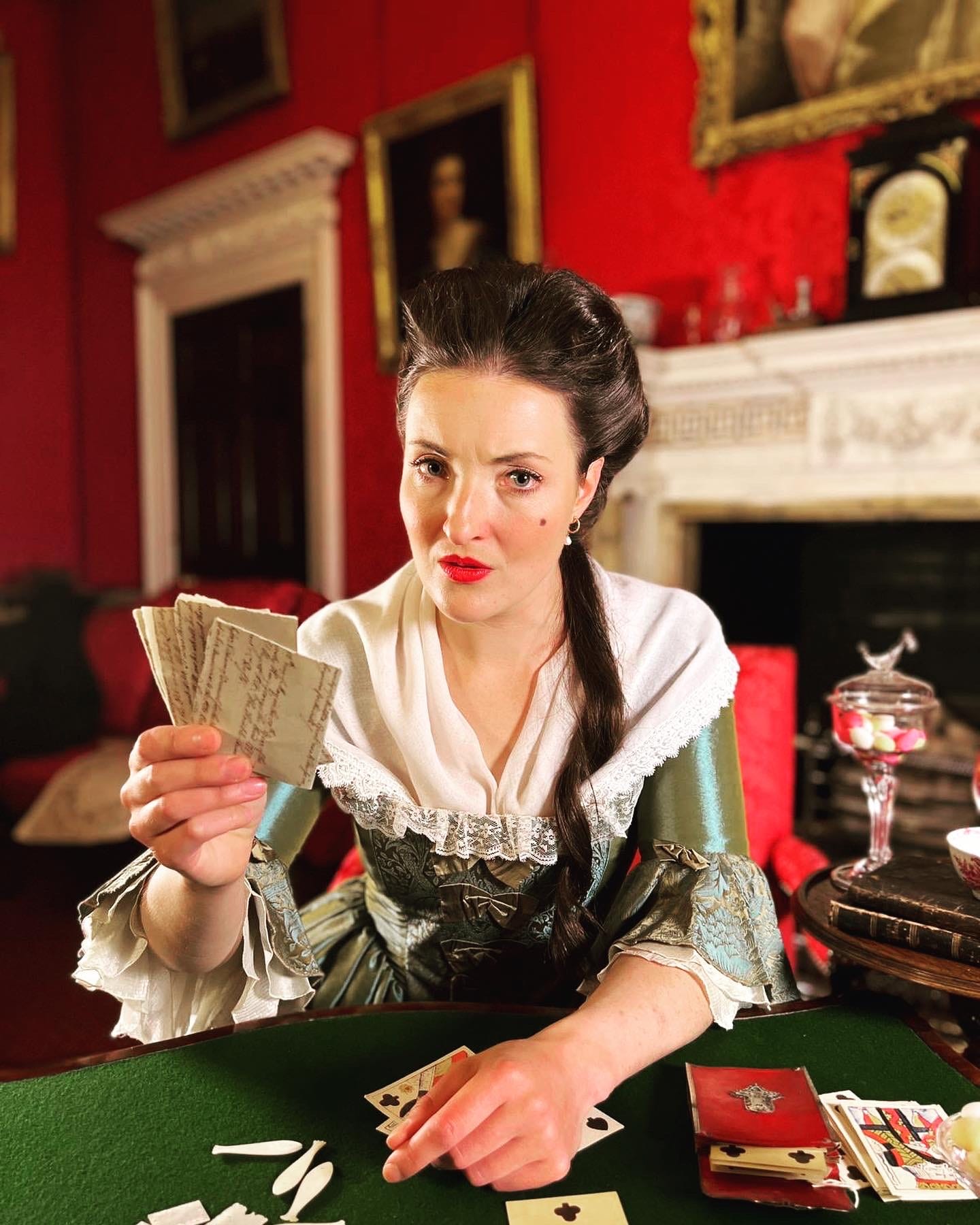We stole the word ‘actor’ from the French who stole it from the Romans. It means, ‘to do’. Actors are ‘doers’. The ancient Greeks called them ‘Hypocrites’; the original literal meaning being ‘interpreter from underneath.’ This makes more sense when you consider that they were acting underneath physical masks. My favourite word for actor is actually from my own country - England. In the Middle Ages (and until relatively recently) we called actors - ‘Players’. It comes from the Old-English word ‘plegare’ or ‘one who takes part in pastimes or amusements.’
In other words, we used to do this stuff for fun.
As human beings we are really good at turning fun stuff into ‘work’. As professional creatives we can forget the playful side of what we make even though it’s probably what drew us to choosing it in the first place. Even worse we can avoid playful strategies for making and rehearsing because it’s not ‘serious’ enough. Interestingly, developments in neuroscience, biology, psychiatry and education have shown that, in fact, play is not only serious but essential.
The ability to play is critical not only to being happy, but also to sustaining social relationships and being a creative, innovative person
Stuart M. Brown
The work of Stuart Brown, amongst others, strongly refute the idea that play is exclusively for children. Last week’s blog focussed on the ever playful improv teacher Keith Johnstone whose theatre games are used to liberate adult performers and storytellers. As innovative as he was, he wasn’t the first to put the ‘play’ back into play-making…
In the late 30’s a trained actor, Viola Spolin, worked with impoverished children in Chicago. She wanted them to teach them theatre but the mix of languages (many children were from immigrant families) and cultures made conventional teaching strategies fail. So she made-up games. Lots of them. They played. All the time. And through the play they devised, rehearsed and made scenes and shows. As a true creative genius she developed the directorial strategy of ‘side-coaching’; feeding in creative prompts as scenes were being improvised instead of giving notes afterwards. Students ‘discovered’ scenes in collaboration. If young students were nervous of making physical contact she devised a game to solve the problem. Obstacles were welcomed because they became excuses for more games. Her work was collected into the indispensable text for teachers, directors and improvisers - Improvisation For the Theater. Through her son, Paul Sills, she was soon using those same games to help train adult improvisers at my old training ground The Second City.
She was as serious about play as was Keith Johnstone. They both realised that our internal barriers to true creativity (fear, doubt, the desire to conform, perfectionism) could be overcome simply by mucking about. But playful making doesn’t just help make theatre it also helps make us as human beings.
Play touches and stimulates vitality, awakening the whole person—mind and body, intelligence and creativity, spontaneity and intuition.
Viola Spolin
Making A Scene: Mucking Up a Scene
For Writers:
Time: 10 - 20 minutes
Tools: A timer. Something to write with. Pen, Pencil, Phone, Typewriter, anything…
Instructions: Write a bad scene. No, I mean it. A terrible one. Enjoy how terrible you can make it. Compete with yourself to make it the worst scene ever. The only rule is that is one-page of A-4. It helps if this is a scene from a script you are working on
Afterwards, if you want, write the good version. Or another terrible version. Whatever gives you the most joy…
For Improvisers:
Time: 10 - 20 minutes
Tools: Space. Chairs if you want.
People: Pairs.
Take a serious scenario as inspiration - the last moments of a dying friend, a marital break up.
Now improvise it badly. To be clear you are actually playing well as improvisers but you both should run with terrible choices and make terrible offers. Enjoy where it goes. Don’t fall into the trap of acting badly (as with Mischief Theatre) you are not parodying acting. Instead focus on taking your scene into some really unhelpful directions and enjoy what occurs. Repeat a couple of times being sure to make it even worse. This is one of those rare occasions when ‘corpsing’ is allowed.
This Week’s Useful Thing
My first blog post was encouraging us all to make mistakes and last week’s mentioned the strategy of not doing your best. I’ll leave you with this mini-doc on the ‘Godmother of Improvisation’ for further inspiration on why we should all play:
Paul’s Plugs
Here are some links to stuff I have made or am making:
Shattered
For 8 years I had the privilege of playfully making plays with Out of Character Theatre Company as their Artistic Director. I was so excited to be asked by their current AD (the brilliant Kate Veysey) to write a show based on devising from the company. We did a bunch of playing to come up with Shattered show in which a mysterious fog turns the world upside-down. It’s for one night only at York Theatre Royal on Thursday 25th May at 7.00.
Innovating
I had a blast writing this and it was wonderful to play in the archives of York Explore - so many hidden stories there! In celebration of Local History Month the drama is back and free for you to listen to!
Inspired by the history of the City of York’s coaching inns, INNovating is a three-part audio drama that evokes the sounds and stories of these vibrant places of hospitality for travellers in the 1820s, stopping off on their journey along the Great North Road.
This free audio drama is a binaural experience, best listened to through headphones.
The first 15 minute episode can be listened to on Friday 5th May with the remaining two episodes dropping on Friday 12 and 19 May. Go plug in!
For more information to to www.innovating.co.uk
If Walls Could Talk
I was commissioned to write some filmed and audio monologues for Fairfax House in York as part of the brilliant If Walls Could Talk exhibition. The mini-dramas explore how Lady Ann Fairfax was demonised for her faith, her gender and her struggles with mental health; much to everyone’s surprise she was far less fragile and far more capable than people imagined. It runs until November.
Farewell
I am going through a series of very different and very painful griefs at the moment; friends old and new have been overwhelmingly brilliant. They’ve kept me afloat with generous words, practical kindness of all description and, of course, a strong dollop of play. In a time when play has often been the thing I’ve wanted to do the least I’ve needed it the most.
Remember that the future is not yet written. So when things look dark, do as my mighty mom would insist. Lace up your dancing shoes, and get to work
Bruce Springsteen
Hoping that this week you get to play well and farewell.







